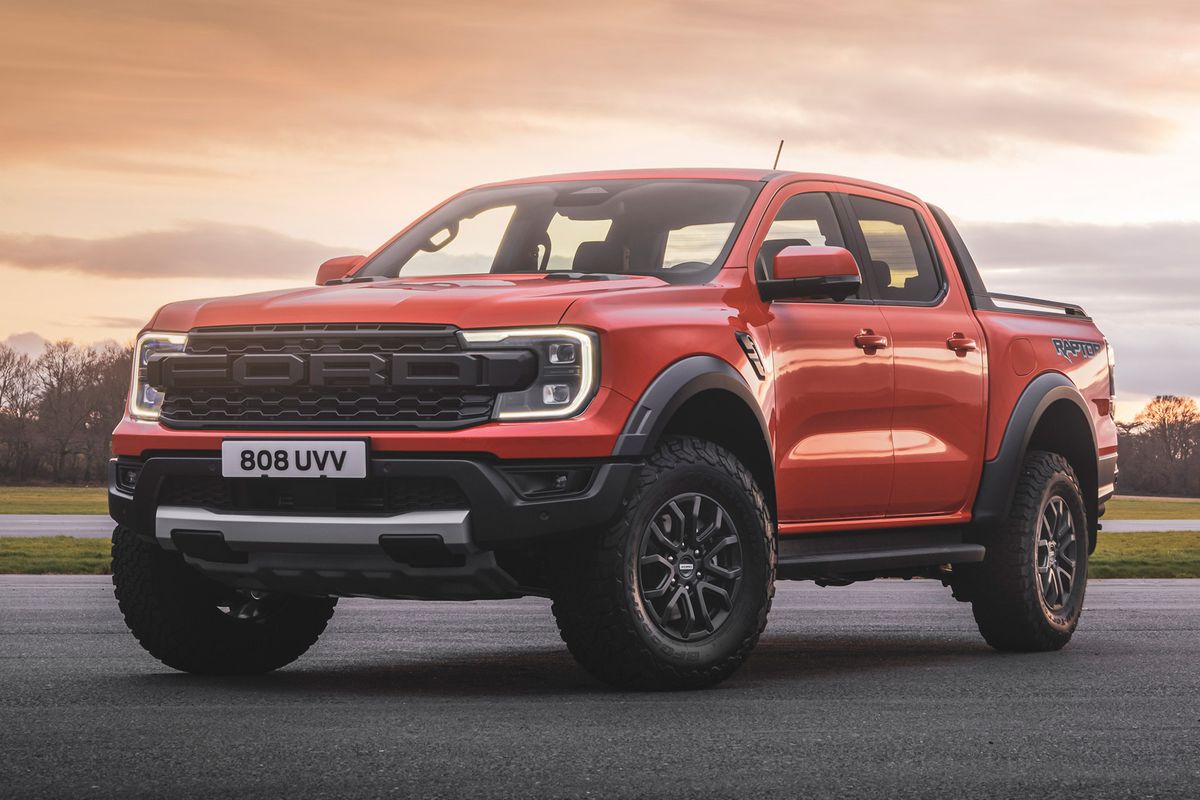Reversing a pickup with a trailer attached used to be a nerve-racking test of patience, precision, and prayer. But thanks to today’s cutting-edge technology, trailer-backup assist systems have made the once dreaded art of reversing with a trailer into a smooth, confident maneuver.
Whether you’re hauling boats, bikes, or a behemoth camper, modern pickups with top-tier trailer-assist features are like having a spotter, engineer, and magician all rolled into one.
But not all is rosy in the realm of rearview technology. Some trucks—despite their rugged build and brag-worthy spec sheets—fall flat when it comes to dependable backup camera performance. Glitchy feeds, lagging displays, or sudden blackouts? These are more than just annoyances; they can spell disaster when towing a heavy load.
As a truck purist who’s clocked thousands of miles with trailers hitched, I’ve tested the best and cursed the worst. I’ve maneuvered into tight campsites, backed down boat ramps, and parked in suburban driveways—with systems that either worked like magic or made me want to rip the screen out of the dash.
In this blog, I’ll give you the lowdown on 5 pickups that absolutely crush it with their trailer-backup assist systems and 5 that seriously disappoint with glitch-prone cameras. This isn’t just tech talk—it’s the gritty, road-tested truth.
5 Pickups with Best Trailer-Backup Assist
When it comes to trailering, these five pickups offer next-level backup assist systems that redefine what it means to tow with confidence. With precision-guided steering, real-time camera overlays, and intuitive controls, they make reversing a trailer feel like a video game—only with higher stakes.
Whether you’re new to towing or a seasoned hauler, these trucks will have your back (literally) with rock-solid reliability and technology that works every time, no matter the load, weather, or road.
ALSO READ: 5 Cars with Easiest Windshield-Chip Repairs And 5 Needing Full Replacement
1. Ford F-150
Ford’s crown jewel pickup isn’t just about brute strength—it’s about brains, too. The F-150’s Pro Trailer Backup Assist system is the gold standard in trailer tech, and here’s why: Instead of relying on steering the wheel like a normal reverse maneuver, Ford gives you a knob. Yes, a dial that lets you steer your trailer directionally while the truck figures out how to handle the wheel inputs.
It’s brilliantly intuitive. You simply turn the knob in the direction you want the trailer to go, and the F-150’s sensors and cameras do the rest. With a split-screen view from multiple angles, dynamic grid lines, and real-time trailer tracking, it’s a setup that makes even first-time towers feel like pros.
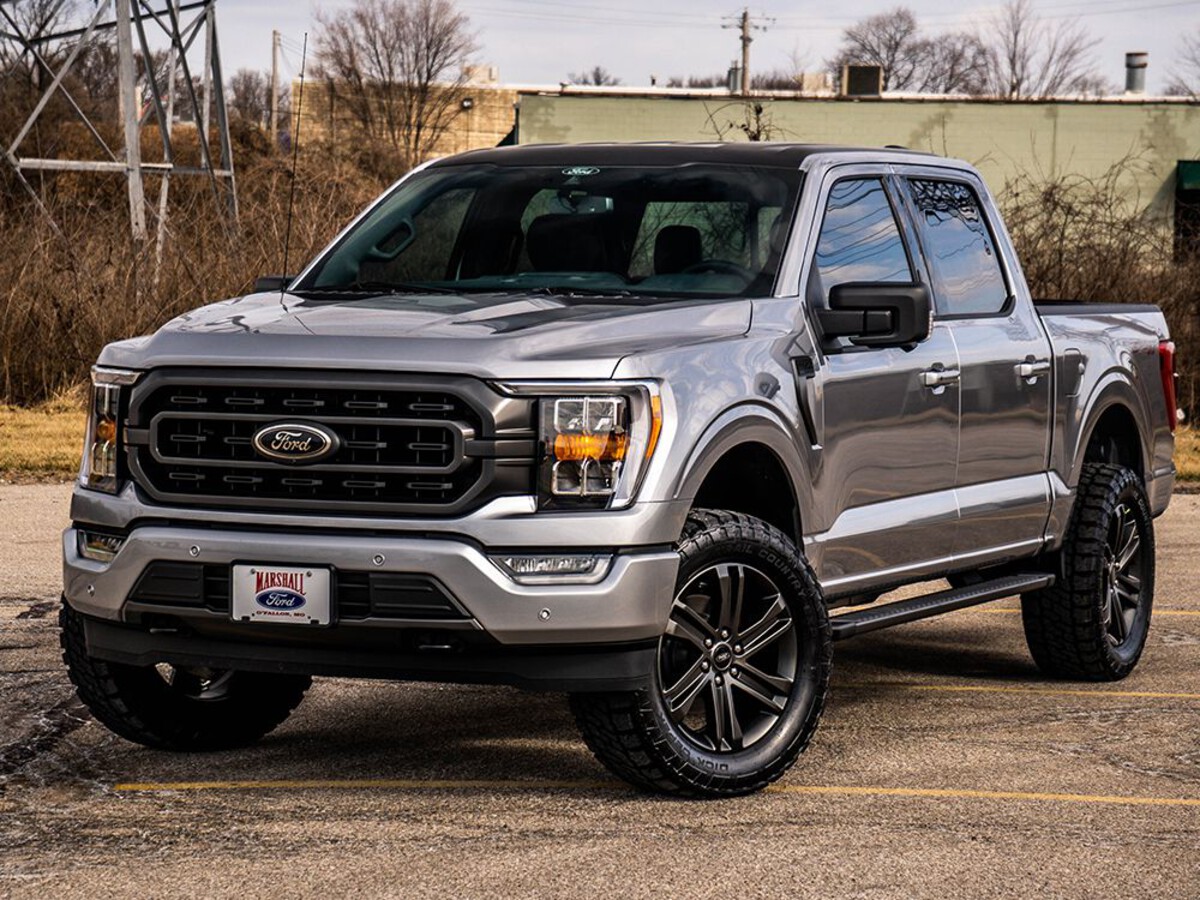
The system also allows you to store trailer profiles, remember brake gain settings, and track mileage on each trailer. That’s the kind of detail you appreciate on long hauls.
Backing into a campsite or a loading dock? You’ll look like a legend. Rain, night-time, narrow streets—this truck makes it all feel easy. If you haul regularly and want consistency, control, and confidence, the F-150 delivers every single time.
2. Ram 1500
The Ram 1500 has always impressed with its ride quality and interior luxury, but its Trailer Steering Assist system also earns high marks for being one of the smoothest trailer tech setups on the market.
Like Ford, Ram equips the 1500 with a trailer knob that lets you handle reversing maneuvers intuitively. But Ram adds an extra layer of precision with automatic steering control and crisp 360-degree camera feeds. The quality of the camera resolution is a standout—it’s crystal-clear even in low light, giving you unfiltered awareness of your surroundings.
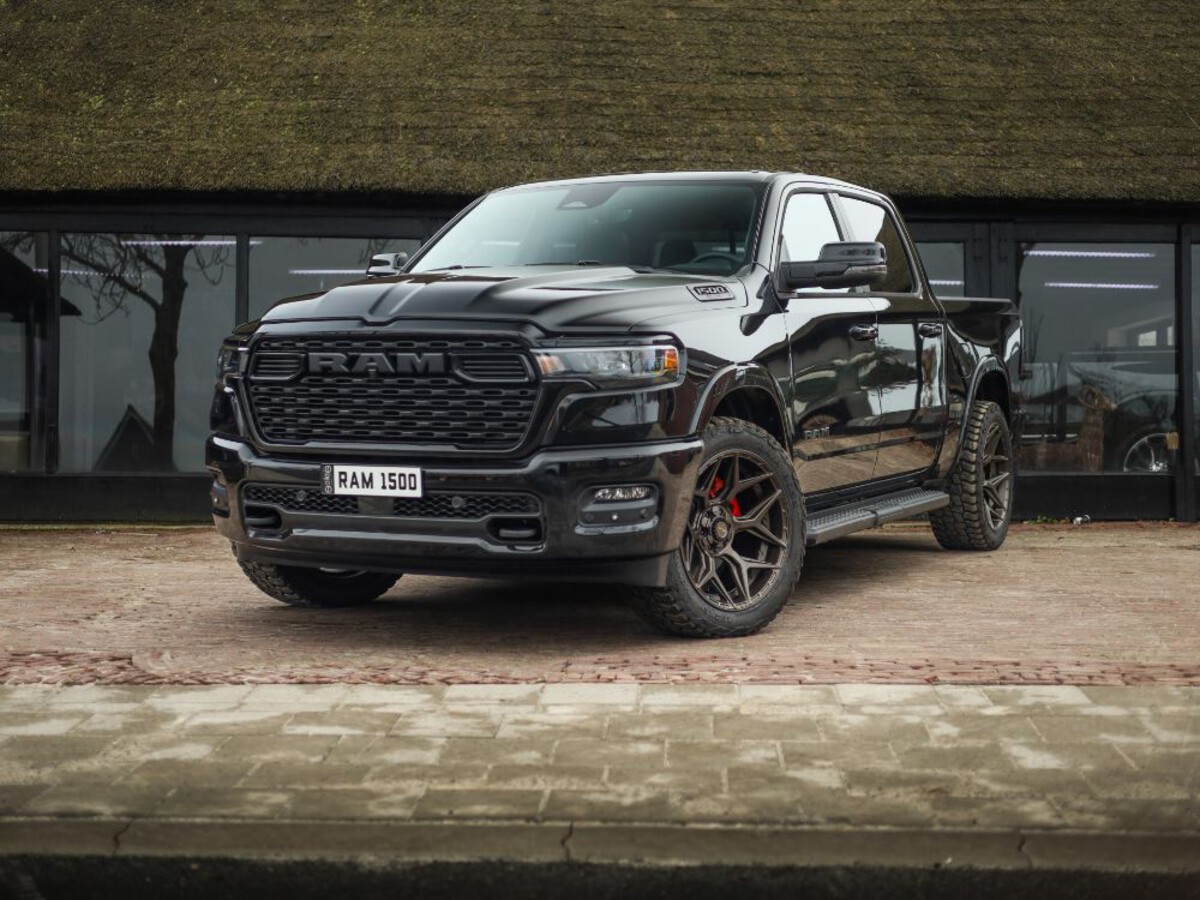
The system supports multiple trailer sizes, tracks tongue weight, and uses radar-based side sensors to keep you clear of obstacles. It’s particularly good in tight spaces, where inches matter.
Setup is easy: plug in your trailer, enter some quick measurements, and let the onboard computers take over. The infotainment system makes everything visual and digestible—perfect for drivers who hate fiddling with confusing menus.
Add in an air suspension that keeps the load level, and you’re looking at a truck that doesn’t just help you back up—it helps you tow smarter and safer from start to finish.
3. Chevrolet Silverado 1500
Chevy has come a long way with the Silverado 1500, especially in the towing department. The Advanced Trailering System, available in higher trims, integrates with up to 15 camera views, making it one of the most comprehensive trailer-monitoring setups available.
While it doesn’t feature a knob like Ford or Ram, the Silverado’s camera-driven interface is incredibly detailed. One of the coolest features? The “invisible trailer” view—a tech magic trick that overlays the trailer onto a live feed, allowing you to see through it while reversing virtually.
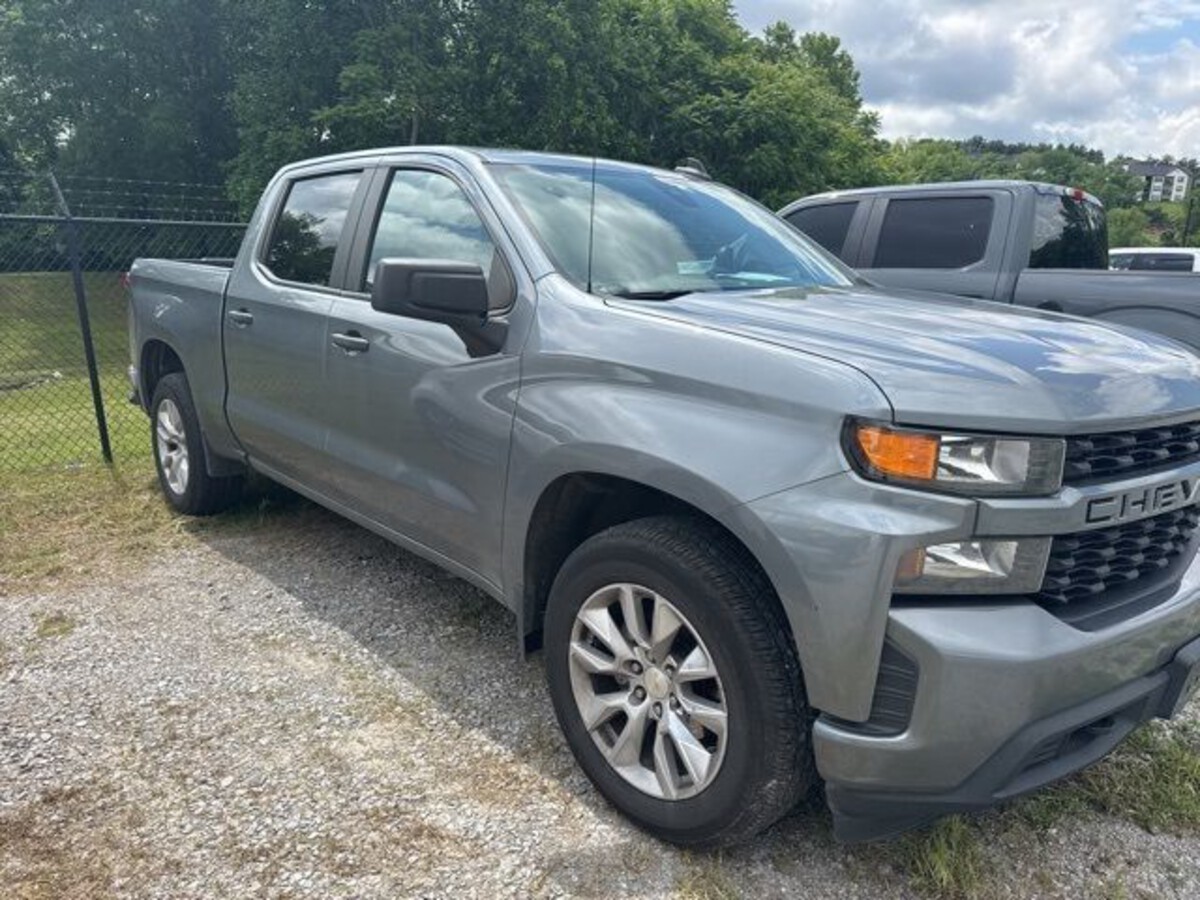
Its trailer angle indicator, jack-knife alerts, and dynamic guidance lines help prevent every kind of towing mishap. There’s even a trailer tire pressure monitor, pre-departure checklist, and light test feature—all controlled via an intuitive infotainment hub.
What sets the Silverado apart is its ease of use—it doesn’t overwhelm you with tech but offers just enough to make your towing precise and panic-free. For people who haul frequently but don’t want a steep learning curve, this system strikes a perfect balance.
4. GMC Sierra 1500
Sharing its DNA with the Silverado, the GMC Sierra 1500 takes trailering assistance and polishes it with a premium twist. You get all the benefits of Chevy’s camera-rich towing system but with a more luxurious cabin interface and clearer displays.
The Sierra’s ProGrade Trailering System adds a helpful trailer length indicator to its camera arsenal, giving you the kind of spatial awareness that prevents accidents in grocery parking lots and job sites alike. Like the Silverado, it uses multiple camera angles to simulate a see-through trailer, and it does it beautifully with high-definition clarity.
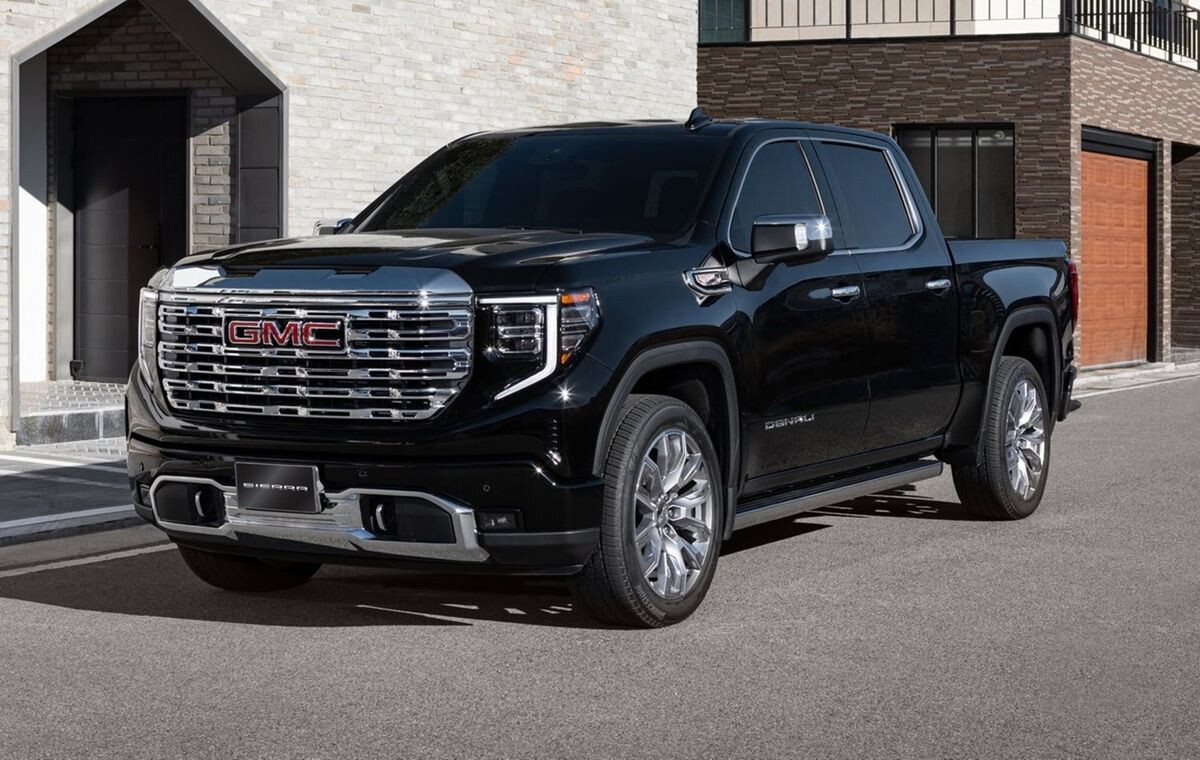
GMC also offers an app-based companion for managing trailer profiles, maintenance reminders, and live updates on trailer health. It’s a tech ecosystem designed to keep both truck and trailer in peak form.
It may not have the steering-knob wizardry of Ford or Ram, but its overall sophistication and camera quality make it one of the best out there for trailer-backing ease.
5. Toyota Tundra
Toyota finally caught up in the trailer-assist game with the all-new Tundra, and man, it was worth the wait. The truck now comes equipped with Trailer Backup Guide with Straight Path Assist, and while it doesn’t use a steering knob, its smart system uses automatic steering inputs to keep your trailer aligned and stable.
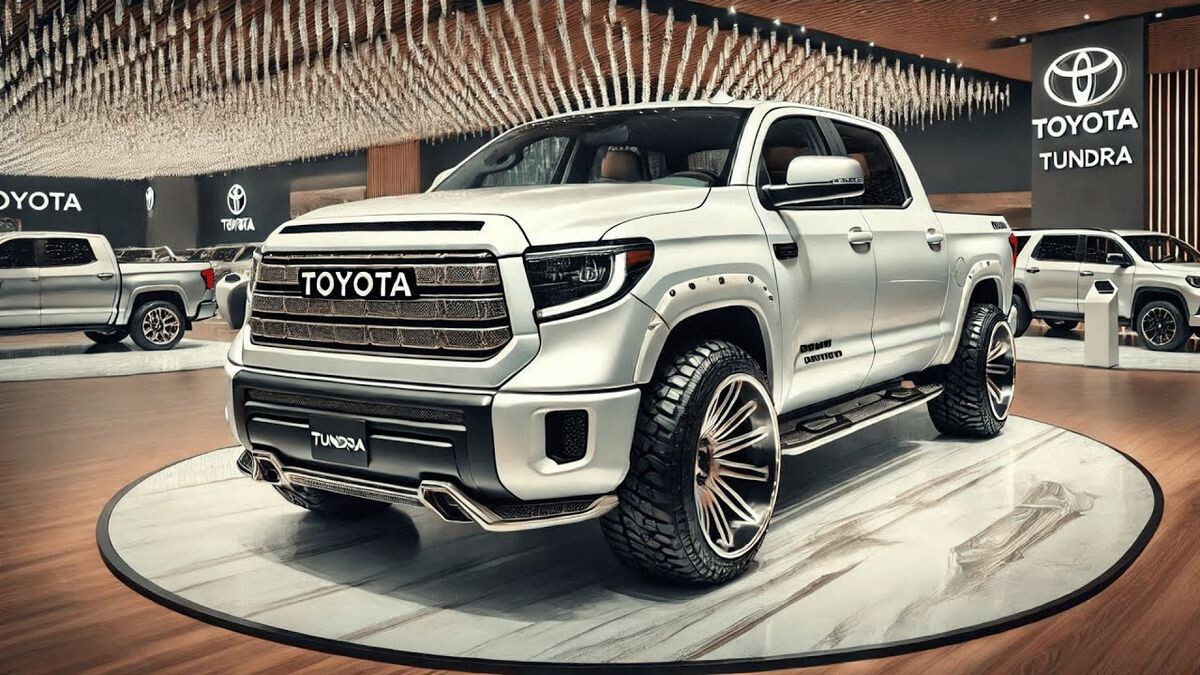
With clear on-screen overlays, wide-angle rear views, and customizable trailer profiles, it feels like Toyota studied every rival before releasing its version—and nailed it. The truck also features an enhanced tow/haul mode, integrated brake controller, and sway control, rounding out the experience for long hauls.
The screen responsiveness and the guidance visuals are impressive—no lags, no late warnings, and no surprises. It’s great for people who love the reliability of Toyota but don’t want to sacrifice modern trailer features.
5 Pickups Whose Cameras Glitch
Not all pickups get it right when it comes to rearview and trailer-assist technology. Some promise more than they deliver. These five trucks, despite their muscle and features, are plagued by unreliable camera systems.
From delayed visuals and grainy feeds to full-on screen blackouts during reverse maneuvers, these glitches aren’t just frustrating—they’re safety risks. If you’re towing anything substantial, you’ll want to know which pickups to steer clear of until they clean up their tech act.
ALSO READ: 5 Pickups with Best Aftermarket Lift-Kit Support and 5 Scarce Parts
1. Nissan Titan
The Nissan Titan has a heart of gold and a V8 that roars with power, but its rearview camera system is a mess. Users frequently report frozen screens, intermittent glitches, and a system that occasionally refuses to boot during startup.
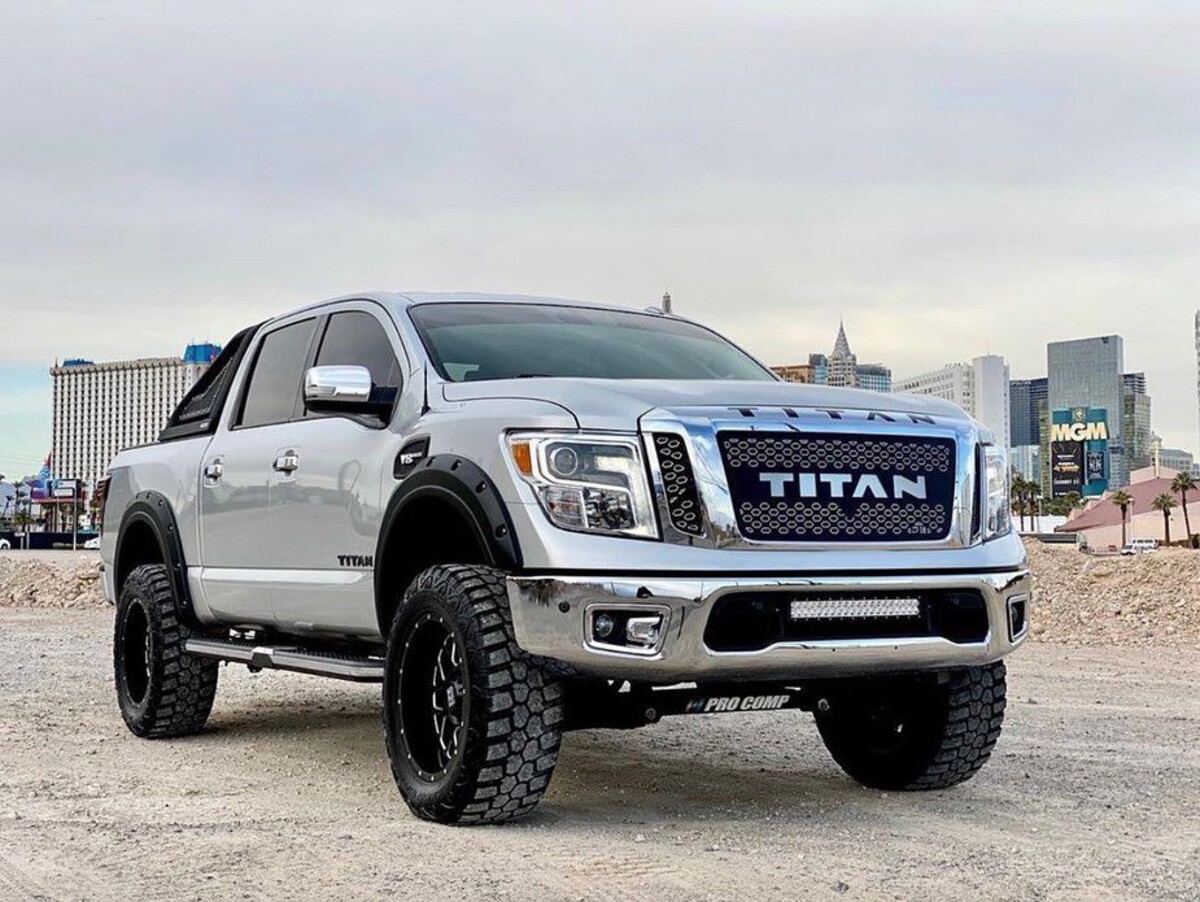
When backing with a trailer, this becomes more than just annoying—it’s dangerous. You’re stuck either relying on your mirrors or getting out repeatedly to confirm your alignment. And don’t expect much in the way of backup guidance—the Titan’s system lacks dynamic grid lines or trailer guidance overlays.
While it’s a mechanically capable truck, Nissan seriously needs to overhaul its infotainment and camera tech if it wants to keep up in today’s trailer-savvy world.
2. Honda Ridgeline
The Honda Ridgeline gets plenty of love for its car-like comfort and clever storage, but it’s not a trailering champ, especially in the camera department.
The rear camera often struggles in low-light conditions, delivering a washed-out feed that makes nighttime backing a gamble.
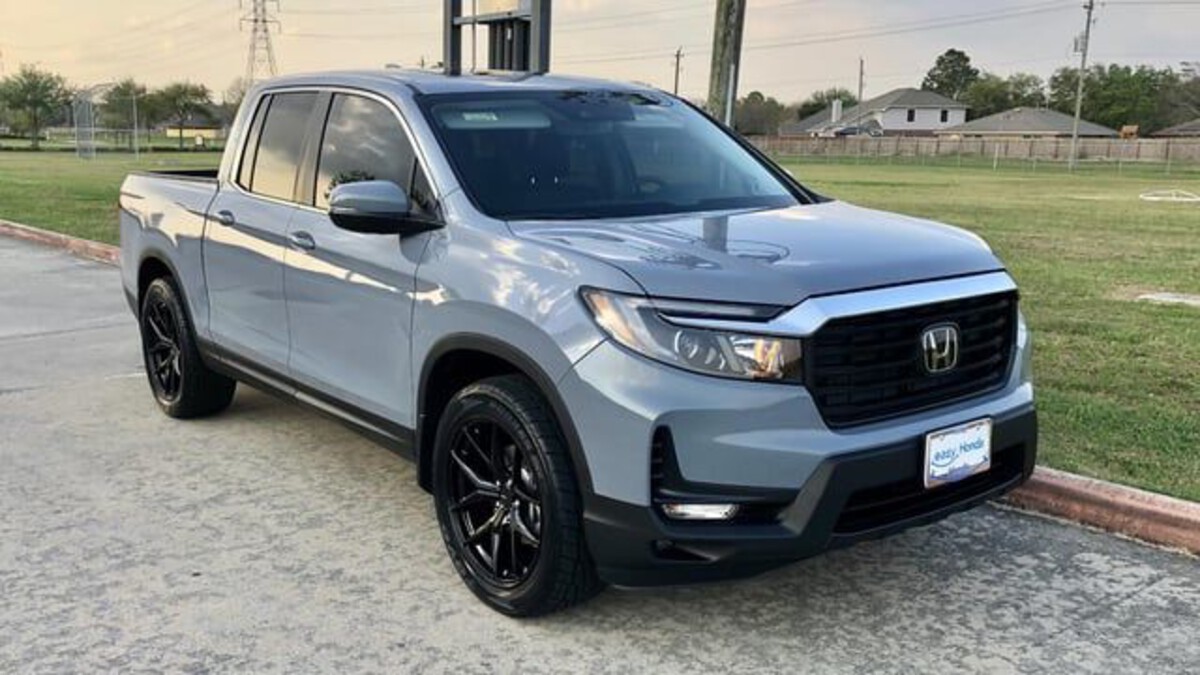
Some users have also noted interference and screen flicker, especially when the truck’s electronics are under heavy load (like when using the bed audio system or powering devices).
Honda’s backup display also lacks trailer angle guidance or advanced assist features. It’s serviceable for basic reverse needs but unreliable and unfit for serious trailering.
3. Chevrolet Colorado (Pre-2023)
The older Chevrolet Colorado models (pre-2023) are known for slow boot-up times for the rearview camera and occasional freezing when switching into reverse quickly.
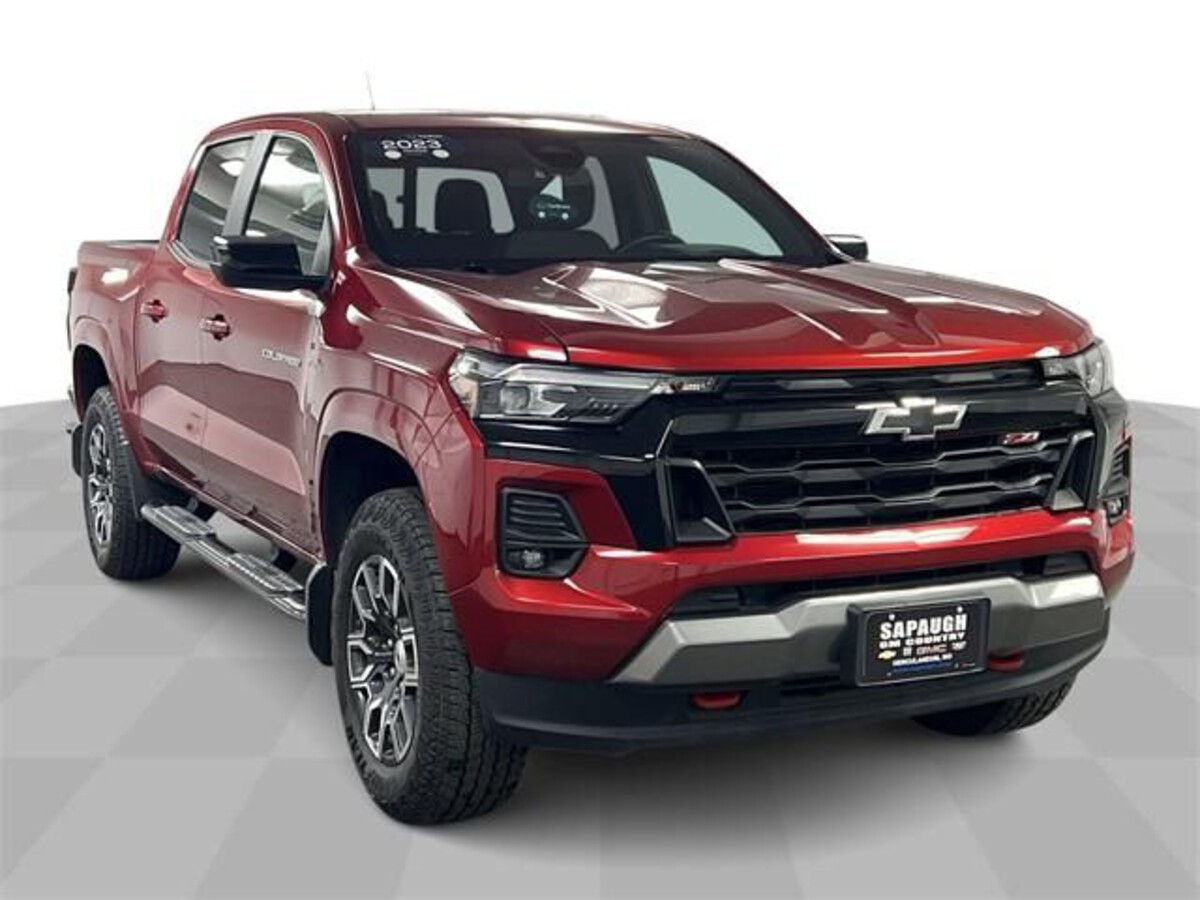
The system offers no trailer assist features beyond the basic feed, and even then, the camera resolution is mediocre. In rainy or foggy weather, the camera becomes all but useless.
While the 2023 model has seen upgrades, if you’re buying used or haven’t upgraded yet, beware. The glitchy camera alone makes towing with confidence an uphill battle.
4. Ford Ranger
The Ford Ranger wears the Blue Oval proudly and borrows some of that rugged F-150 attitude, but let’s not kid ourselves—it’s not packing the same level of refinement, especially when it comes to tech. The backup camera, for starters, is annoyingly sluggish.
Shift into reverse, and you’re often stuck waiting 2 to 3 seconds before the screen even reacts. It’s not just slow—it’s borderline unsafe if you’re trying to move quickly in a tight spot.
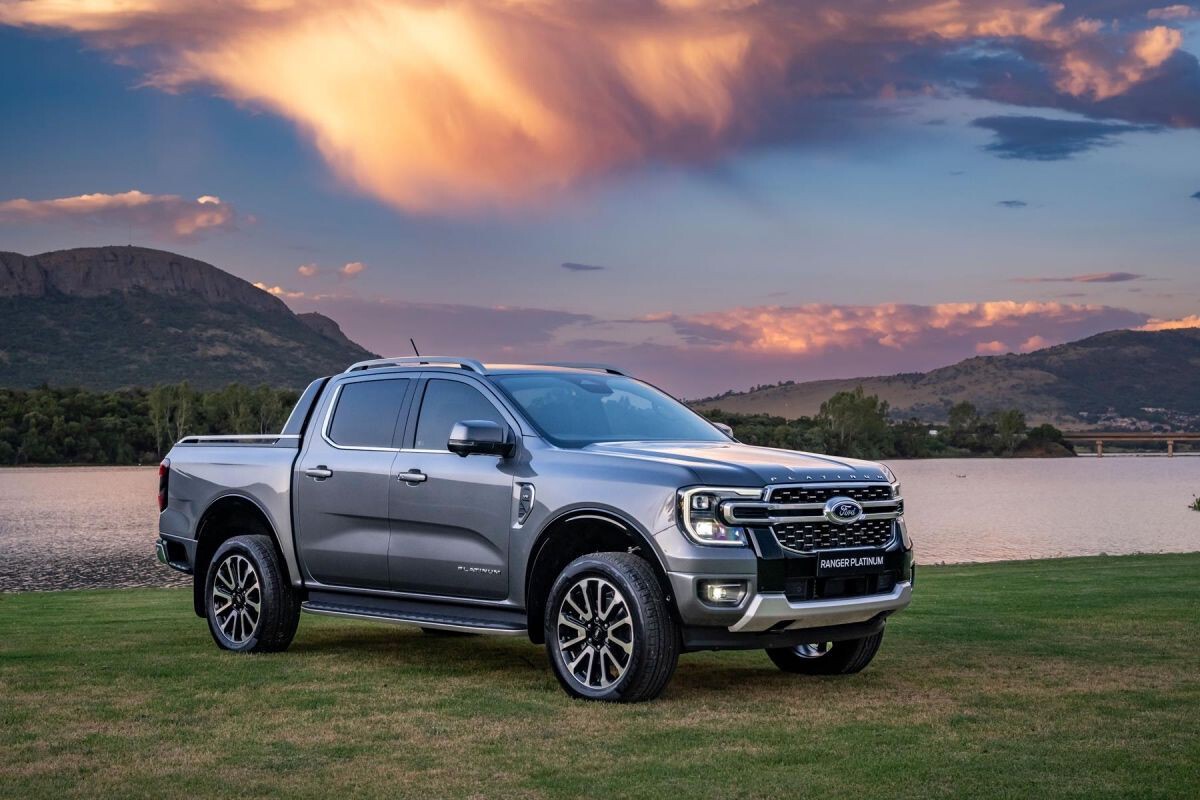
Then there’s the video quality itself. On lower and mid-level trims, the camera feed tends to be grainy, with poor contrast that becomes even more noticeable during dusk or dawn. These aren’t rare edge cases either—it’s a consistent, everyday headache if you rely on the system regularly.
And if you’re planning on hauling anything? Forget about any helpful tech stepping in. Unlike its bigger sibling, the Ranger skips Ford’s trailer backup assist feature altogether. You’re left to muscle through tight trailer maneuvers completely on your own, which feels like a serious miss in 2025.
For everyday city cruising or weekend errands, the Ranger holds up just fine. But if towing or precise reversing is a regular part of your routine, this truck starts to feel behind the curve. Ford could’ve done more here—no question.
5. Jeep Gladiator
Jeep’s pickup offering, the Gladiator, is all rugged charm—but it’s sorely lacking when it comes to dependable camera performance. While the off-road views are helpful on trails, the rear camera is prone to lag, moisture fogging, and occasional sensor misreads when reversing with a trailer.
The truck doesn’t include any meaningful trailer-assist software. It’s a manual game from start to finish. For a brand that prides itself on utility and adventure, this is a big miss.
In today’s world, where every second counts and every maneuver matters, especially when towing, a pickup’s trailer backup assist system isn’t just a convenience—it’s a necessity.
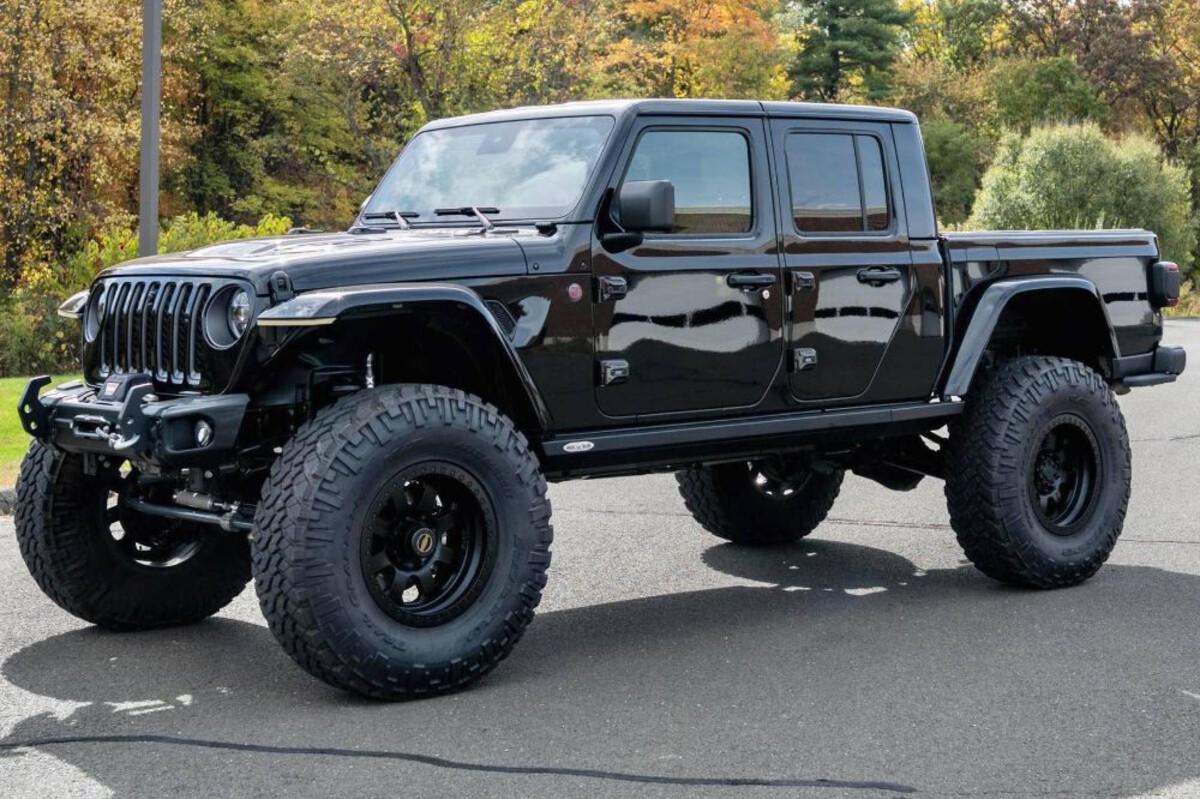
The best systems, like those found in the Ford F-150, Ram 1500, and Silverado 1500, turn reversing with a trailer from a white-knuckle experience into a confident and seamless routine. They’re thoughtfully engineered, relentlessly tested, and built with real drivers in mind.
On the flip side, glitchy camera systems in trucks like the Nissan Titan and Jeep Gladiator aren’t just outdated—they’re borderline dangerous. When your rearview feed lags or cuts out, you lose one of the most critical safety elements in trailering.
As someone who lives for long hauls and trailer tests, I can’t stress enough the importance of choosing a truck that makes reversing a tool, not a task. Whether you’re a weekend warrior with a boat or a contractor with daily hauls, investing in a pickup with dependable trailer assist tech will save you time, stress, and maybe even your bumper.
Because at the end of the road, towing should be about confidence, not guesswork—and the right truck makes all the difference.

